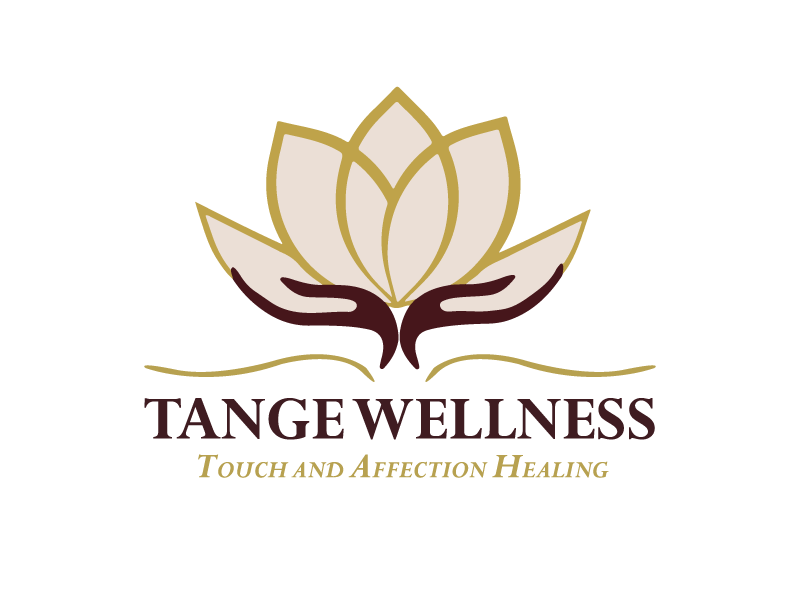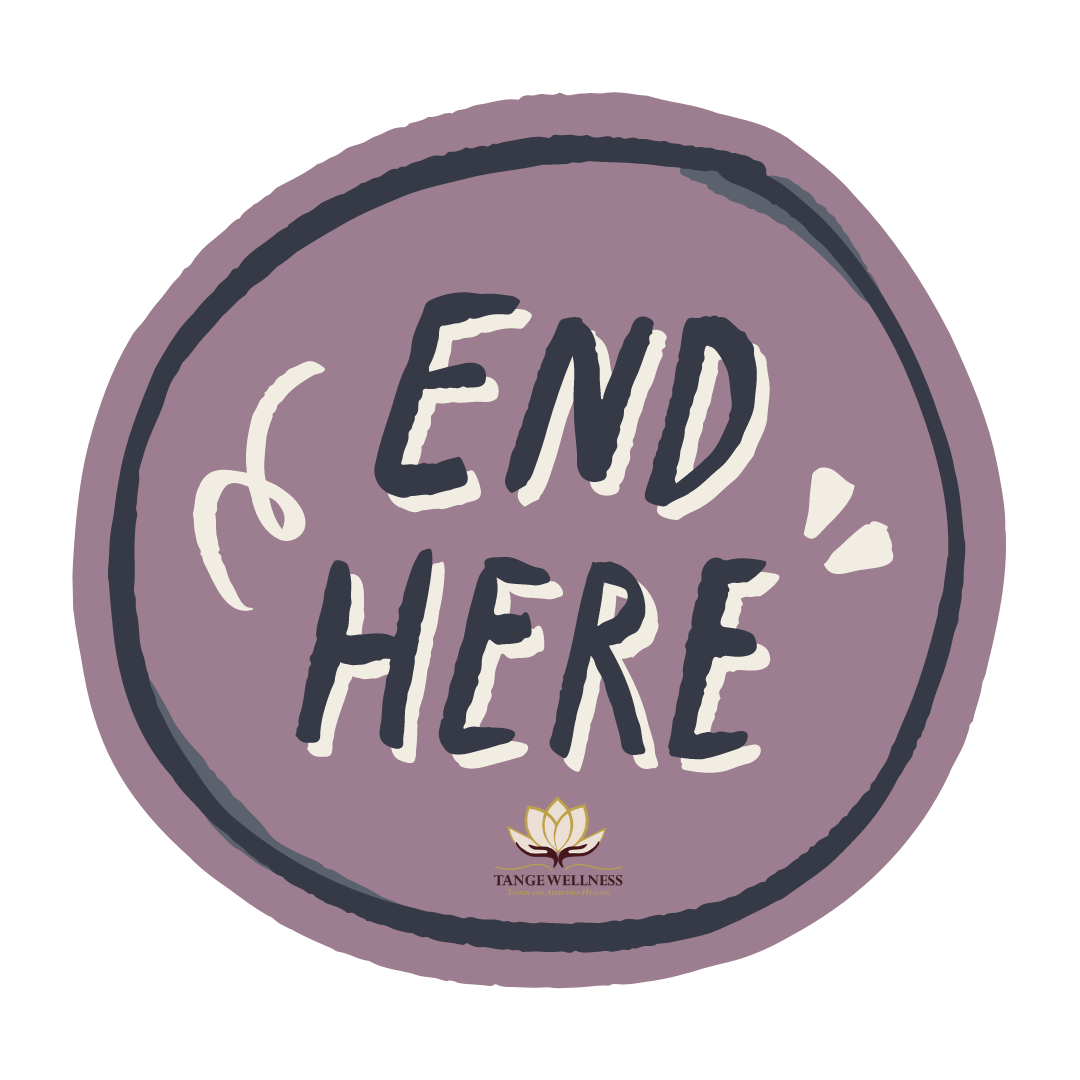Oxytocin, Dopamine, and Why Cuddle Therapy Isn’t Addictive
Here we go again, another honest conversation between me and you. I used to think that cuddle therapy might be addictive and I’d often warn people “Now be careful, you might get addicted to the cuddles.” but after almost a decade of offering bidirectional therapeutic touch, I’ve realized that “addiction” isn’t happening or even the right word. It’s not the therapy itself; it’s more about how we are individually wired and that is where this gets interesting.
Alright, get this. There’s a big difference between dopamine and oxytocin.
Dopamine: as you may know, is a “reward” chemical. It gives us that short-lived hit of excitement, motivation, or even ooh la lah pleasure, and that’s why people chase it. It’s also why dopamine can become addictive in the sense you begin to crave more and more of those hits. That’s where addictive tendencies come into play, especially if someone’s already wired for that dopamine-seeking behavior. This isn’t exclusive to drugs or gambling; it could be in anything that gives someone that quick “reward,” even experiences like eating or scrolling social media or yes, cuddling with a soft squishy body.
Cuddle therapy, though? It doesn’t work like that. It taps into oxytocin, which is more about calm, connection, and bonding. Oxytocin helps people feel safe, which is why so many clients who’ve never experienced healthy touch before find this particular form of therapy transformative. They’re not chasing a high; they’re experiencing emotional safety, sometimes for the first time in their life. And oxytocin? It doesn’t burn out your receptors. It’s not habit-forming in the way dopamine is experienced. Instead, it’s that deep, grounding, peaceful feeling that lasts long after the session ends.
Now, that doesn’t mean some clients might not try to get that quick dopamine rush from cuddle therapy. That’s their personality, right? But my goal, and the beauty of bi-directional therapeutic touch is that it’s about building trust, emotional intimacy, and safety over a period of time. I do not encourage clients to chase that high but instead teach them to experience and appreciate calm, human connection and emotional intimacy.
At the end of the day, this work isn’t about providing that "fix." It’s about nurturing long-term healing. So, if you’ve ever wondered whether cuddle therapy can be addictive, it’s not, but it can be life-changing in ways that go far beyond those quick dopamine hits.




